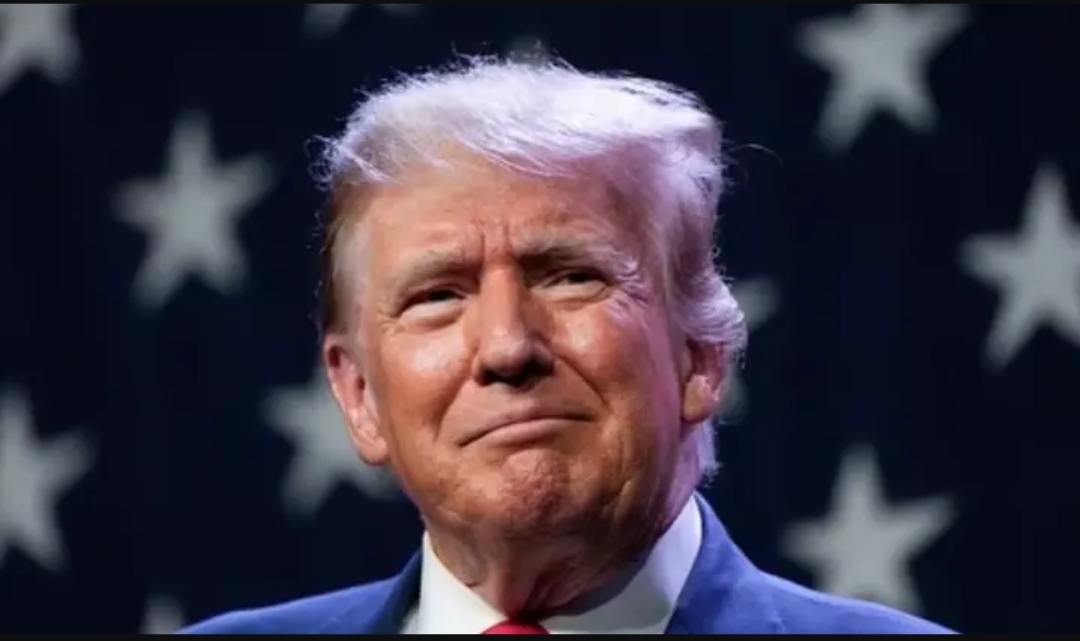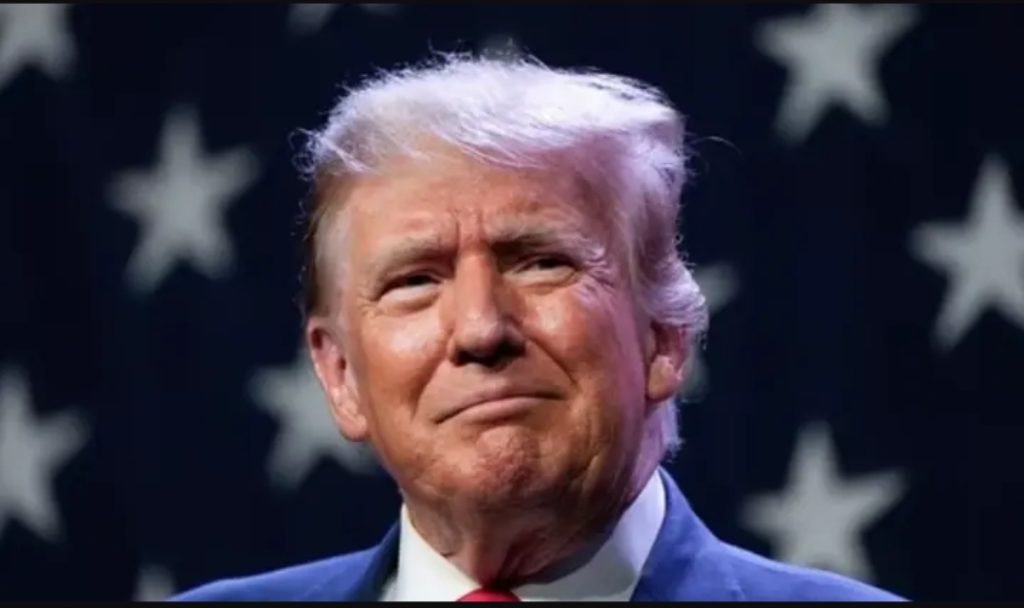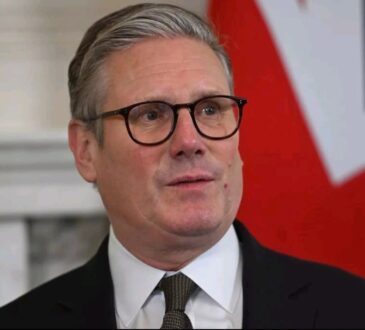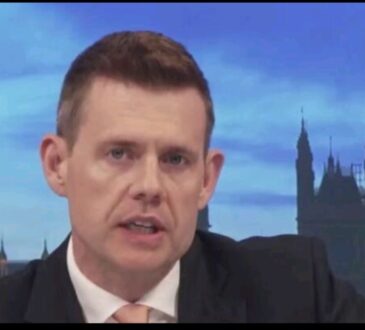
The judge presiding over the New York fraud trial involving former President Donald Trump has once again rebuffed attempts to dismiss the case. This marks the fourth unsuccessful bid by Trump’s lawyer, Christopher Kise, to secure a directed verdict, a legal move to end a case prematurely due to perceived weak evidence.
“This witness has again testified the bank conducted its own due diligence,” stated Kise in frustration after Deutsche Bank official David Williams emphasized the bank’s independent judgment in assessing Trump’s financial standing, as reported by Newsweek on Wednesday, November 29.

Judge Arthur Engoron’s decision followed a banker’s testimony asserting that Trump’s inflated property valuations were not uncommon. “The mere fact that the lenders were happy doesn’t mean that the statute wasn’t violated,” Judge Engoron remarked during the proceedings.
Kise expressed exasperation, questioning the significance of evidence in the case. “If everyone is of the view that evidence doesn’t matter, then maybe I’m wasting my time,” he said, visibly flustered after the judge’s decision.
The $250 million civil lawsuit, spearheaded by New York Attorney General Letitia James, alleges that Trump, along with his two eldest sons and the Trump Organization, inflated his net worth to secure financial benefits. The charges include obtaining better bank loans and reducing tax bills.
Despite facing serious accusations, Trump maintains his innocence, consistently framing the litigation as a politically motivated attempt to hinder his potential 2024 presidential campaign. He asserts that he remains the frontrunner for the GOP nomination, as indicated by polls.
The legal battle took a significant turn in September when Engoron ruled that Trump and his associates committed fraud in property valuations. The court is yet to decide on six other charges, ranging from falsifying business records to insurance fraud and conspiracy claims.
Kise’s defense strategy hinges on challenging the notion that Trump benefited from inflating asset values. He argues that the Trump Organization remained qualified for Deutsche Bank loans, emphasizing that the bank had no issue with Trump overstating his wealth.
Deutsche Bank official David Williams, in his testimony, highlighted the bank’s autonomy in decision-making, stating that they don’t solely rely on client-provided information.
However, the state’s attorneys countered, emphasizing that the focus of the case is on fraudulent financial statements used in business transactions, not accusations of lying directly to the bank.
The legal tug-of-war reached a boiling point in October when Trump stormed out of court after a directed verdict was denied during the testimony of former Trump attorney Michael Cohen. Engoron’s refusals continued in subsequent attempts by Kise, creating an atmosphere of tension and frustration in the courtroom.
As the trial unfolds, the public awaits the resolution of the remaining charges and the ultimate decision on the alleged financial misconduct by the former president and his associates.
The legal battle’s outcome could have far-reaching implications for Trump’s political future and the broader landscape of financial accountability for public figures.




